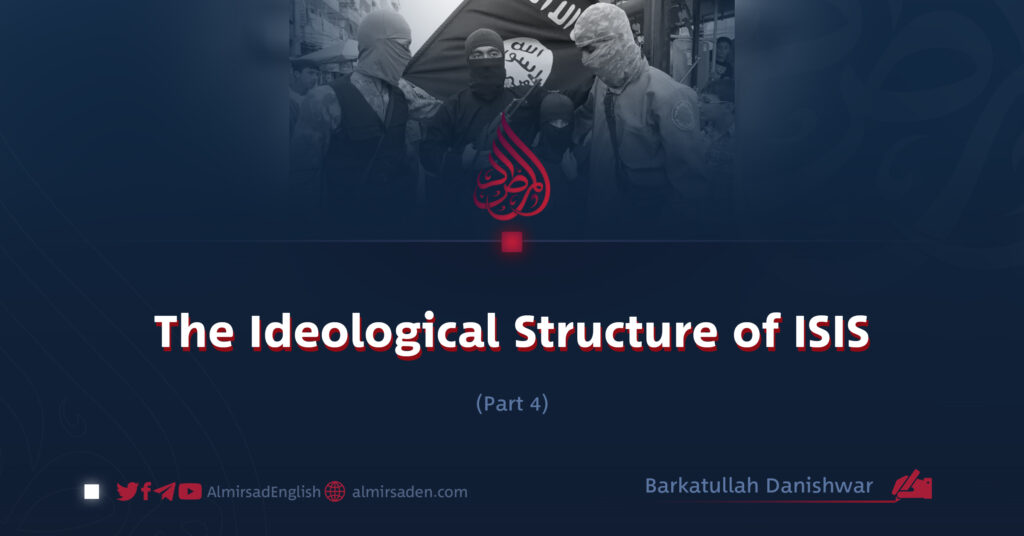Part 4
Author: Barkatullah Danishwar
1. Extreme Takfir and Reckless Actions
Human beings possess a vast array of thoughts and concerns, each shaped by their personal and social experiences, as well as their ideological and material beliefs. Some inherit their convictions, while others acquire them over time through various influences, ultimately embracing certain faiths and adhering to them firmly.
However, discerning what is truly right and worthy of belief is a complex and delicate task. A lack of careful judgment can lead to misguidance—even to one’s downfall—while choosing an enlightened path can empower and strengthen an individual. Therefore, it is essential to proceed with caution, critically analyze our choices, and avoid paths that lead to ruin rather than progress.
Even more critical is the responsibility of judging others. When we assume the role of a judge—evaluating people through our own ideological lens and passing verdicts on their beliefs—we bear a significant burden. This approach often fosters unwarranted suspicion toward those with differing views, leading to misguided judgments that can cause real harm.
Assessing the beliefs of others is no simple task. It requires deep knowledge, expertise, and precision—qualities possessed only by those truly qualified. Yet, some individuals dedicate themselves to scrutinizing others’ beliefs, searching for even the slightest perceived flaw to issue harsh verdicts and make their lives difficult.
ISIS-Khawarij exemplify such an extremist approach, adhering rigidly to the doctrine of extreme Takfir—declaring those who do not share their ideology as disbelievers. They see themselves as the sole bearers of truth, regarding all others as misguided. In their worldview, only they deserve success, prosperity, and divine reward, while any deviation from their ideology is deemed clear evidence of error and deviance.
They claim a monopoly on righteousness, denying others the freedom of independent thought, choice, and judgment. According to their doctrine, only they possess the ability to discern truth and determine what is right, while others are considered incapable of understanding or making informed decisions.
The next section will explore the concept of “reckless action” and examine its various dimensions in detail.
